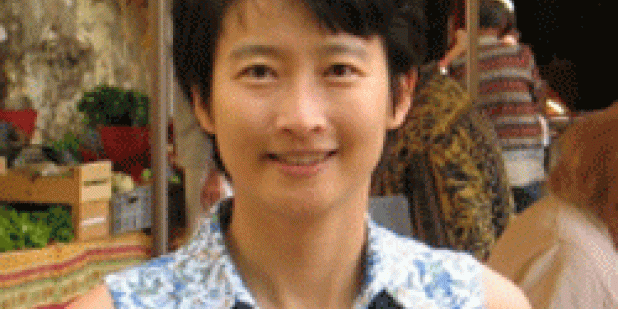Happy Lunar New Year from the USC US-China Institute!
Dueling Sounds, Contending Tones: The Pronunciation Wars of the 1920s in China
The Council on East Asian Studies at Yale University presents a talk with Janet Chen on language in the 1920s in China as a part of the China Colloquium Series.
Where

The Council on East Asian Studies at Yale University presents a talk with Janet Chen as a part of the China Colloquium Series.
Janet Chen - Assistant Professor of History and East Asian Studies, Princeton University
Janet Chen is a historian of modern China, specializing in the twentieth century. She received her Ph.D. from Yale University and a B.A. from Williams College. She joined the faculty of the Princeton History Department in 2006, and she is also a member of the East Asian Studies Department.
Professor Chen’s first book, Guilty of Indigence: The Urban Poor in China, 1900-1953 (Princeton University Press, 2012), is a study of the destitute homeless during a time of war and revolution. Focusing on Beijing and Shanghai, the book considers how the advent of workhouses and poorhouses in the early twentieth century represented a fundamental reordering of the relationship between the state, private charity, and the neediest members of society. It draws on local archival research to place “the poor,” rather than their benefactors and custodians, at the center of inquiry.
Chen's talk draws on research from a new book titled The Sounds of Mandarin: The Making of a National Language in China and Taiwan, 1913-1965. The project takes speech as the starting point for investigation, asking how ordinary people learned the “national language” at its various stages of historical formation. Her premise is that rendered as “Mandarin,” the generic English term obscures significant variations and political conflicts that were critical to the making and unmaking of the “national language” throughout the twentieth century. The goal is to disaggregate “Mandarin” into historically specific moments of linguistic experimentation—as official language, national language, common language, and the language of the Han people—and to rethink how the idea and the multiple realities of the “national language” intersected with the lives of ordinary people.
For more information:
http://www.princeton.edu/history/people/display_person.xml?netid=jychen
Featured Articles
We note the passing of many prominent individuals who played some role in U.S.-China affairs, whether in politics, economics or in helping people in one place understand the other.
Events
Ying Zhu looks at new developments for Chinese and global streaming services.
David Zweig examines China's talent recruitment efforts, particularly towards those scientists and engineers who left China for further study. U.S. universities, labs and companies have long brought in talent from China. Are such people still welcome?






